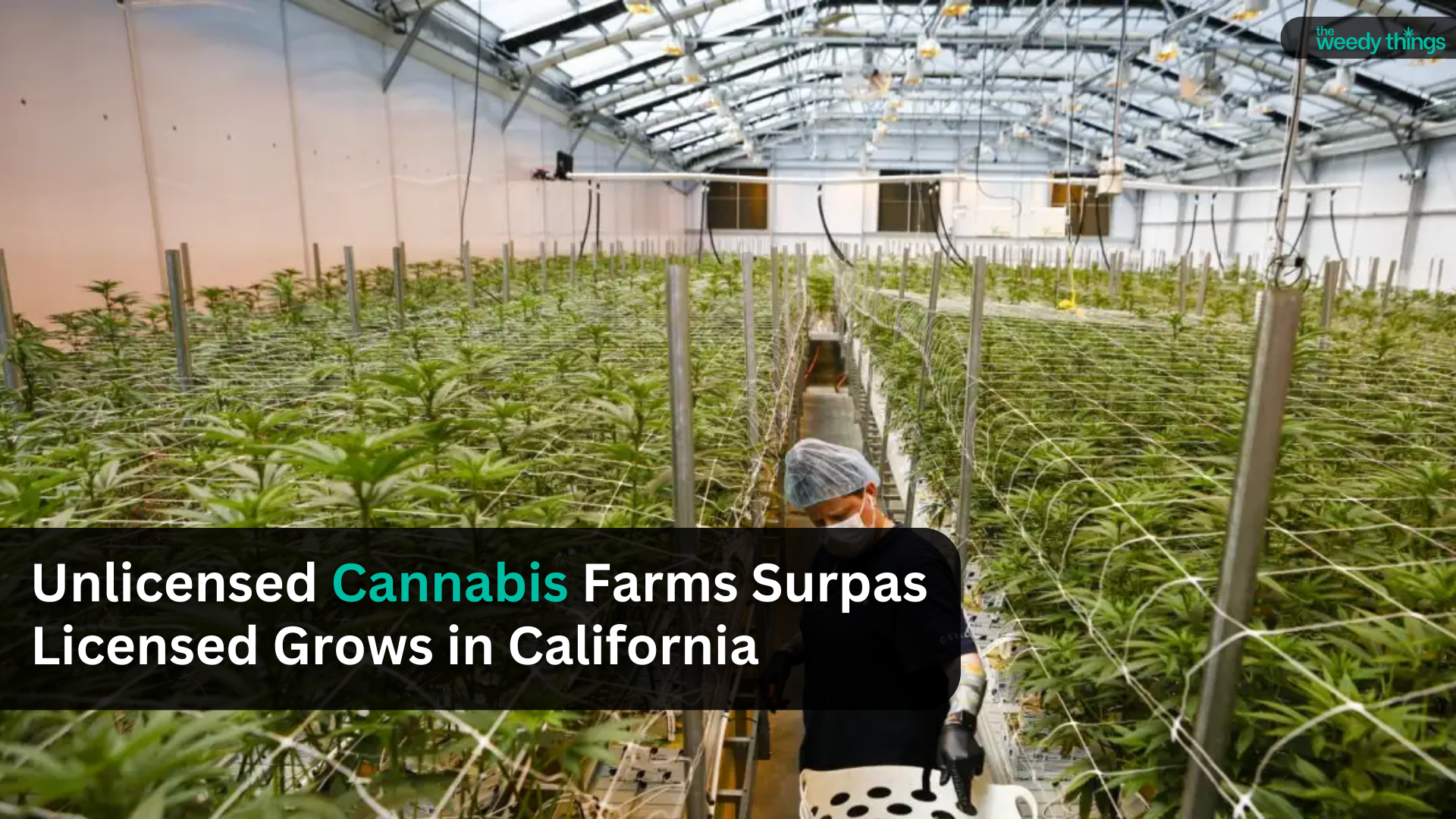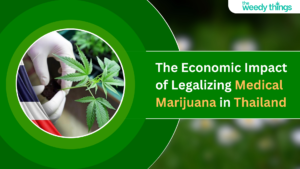California, renowned for its expansive cannabis industry, is facing a water crisis within the cannabis cultivation landscape. A startling revelation has emerged: unlicensed cannabis farms are surpassing their licensed counterparts in water consumption. This dilemma not only raises environmental concerns but also sheds light on the challenges of regulating the state’s thriving cannabis market.
The Roots of the Issue
Quantifying the Water Imbalance
Recent studies indicate that unlicensed cannabis farms in California consume significantly more water than their licensed counterparts. This discrepancy poses a threat to local ecosystems, exacerbating water scarcity issues in the state. The environmental impact extends beyond the immediate areas of cultivation, affecting watersheds, wildlife habitats, and overall water quality.
The Regulatory Challenge
California’s cannabis regulations are designed to promote responsible cultivation practices, including water conservation. Licensed growers are required to adhere to specific guidelines to ensure sustainability. However, the unlicensed market operates in the shadows, evading regulatory oversight and often exacerbating the water crisis.
Environmental Consequences
The excessive water usage by unlicensed cannabis farms has cascading effects on the environment. Reduced water availability can lead to soil degradation, harming ecosystems and impacting biodiversity. Additionally, unauthorized water diversions can disrupt natural water flow, negatively affecting downstream communities and wildlife that depend on these resources.
Tackling the Issue Locally
Empowering Consumers with Knowledge
Dispensaries as Agents of Change
Delivery Services and Sustainability
Legislation and Enforcement
Addressing the water usage disparity requires a multi-faceted approach. Strengthening legislation and increasing enforcement efforts against unlicensed cannabis cultivation are essential steps. By curbing illegal operations, authorities can better manage and regulate water usage within the cannabis industry.
Community Awareness Initiatives
Raising awareness about the environmental impact of unlicensed cannabis cultivation is vital for fostering community support. Local initiatives, educational campaigns, and community outreach can empower residents to make informed choices. Encouraging conversations about sustainable practices within the cannabis industry can drive positive change.
Industry Collaboration for Sustainability
The cannabis industry, both licensed and unlicensed, must collaborate to address environmental challenges collectively. Industry associations, advocacy groups, and stakeholders can work together to develop and promote sustainable practices. By fostering a sense of shared responsibility, the industry can move towards a more environmentally conscious future.
Frequently Asked Questions
Unlicensed cannabis farms operate without legal authorization from state authorities, often in violation of California’s cannabis regulations.
Factors such as regulatory challenges, licensing complexities, and the thriving illicit market contribute to the prevalence of unlicensed farms.
Buying from unlicensed sources poses risks of product inconsistency, potential contamination, and legal repercussions for consumers.
The government employs various measures, including enforcement operations, to combat unlicensed cannabis cultivation and protect the legal market.
Businesses associated with unlicensed operations may face legal consequences, including fines and revocation of licenses, contributing to the push for regulatory compliance.




